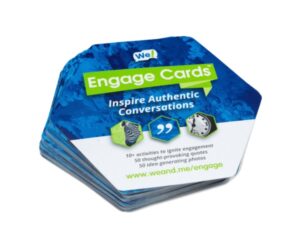What did you learn at school today?
This may be the most asked and least answered question around the world.
From birth, parents connect closely with their child, observing every little progress, ringing grandparents and friends to communicate every little achievement. “Macy’s walking around the coffee table now” is shared with great excitement. Her achievement is celebrated. Milestones are recorded.
Then it’s off to school. Now parents are unable to see what their child is doing; what’s happening to their child; how their child is coping.
When greeting their child after school parents feel compelled to ask “What did you learn at school today?” “How was your day at school?”
Invariably the child answers “Nothing”. Why is this?
The question is more difficult for a child to answer than parents realise. It is a very general question. A child finds it a challenge to summarise what would have been a diverse and challenging day at school.
Every child’s day at school is an intricate, exciting, sometimes painful, sometimes boring, journey. It involves: a variety of curriculum, diverse learning environments and interaction with many different personalities; both child and adult.
A child changes through many gears throughout a school day, constantly making minute adjustments up and down “the hills of a school day”. It’s hard work, demanding many skills and constant adjustments.
The “What did you learn at school today?” set of questions imagined, researched and designed with pride in New Zealand by educators, provide children and parents with choices for starting a conversation. Selecting one or two cards, the child and parent can focus on an aspect of the child’s day in a non challenging way. This provides parents with the opportunity to listen, be supportive and learn about their child’s strategies for negotiating a day at school.
What You Get
What did you learn at school today? by The Learning Project, is a capsule containing 29 carefully researched questions providing children and parents with choices for starting a conversation. By selecting one or two cards, the child and parent can focus on an aspect of the child’s day in a non challenging way. This provides parents with the opportunity to listen, be supportive and learn about their child’s strategies for negotiating a day at school.







Reviews
There are no reviews yet.